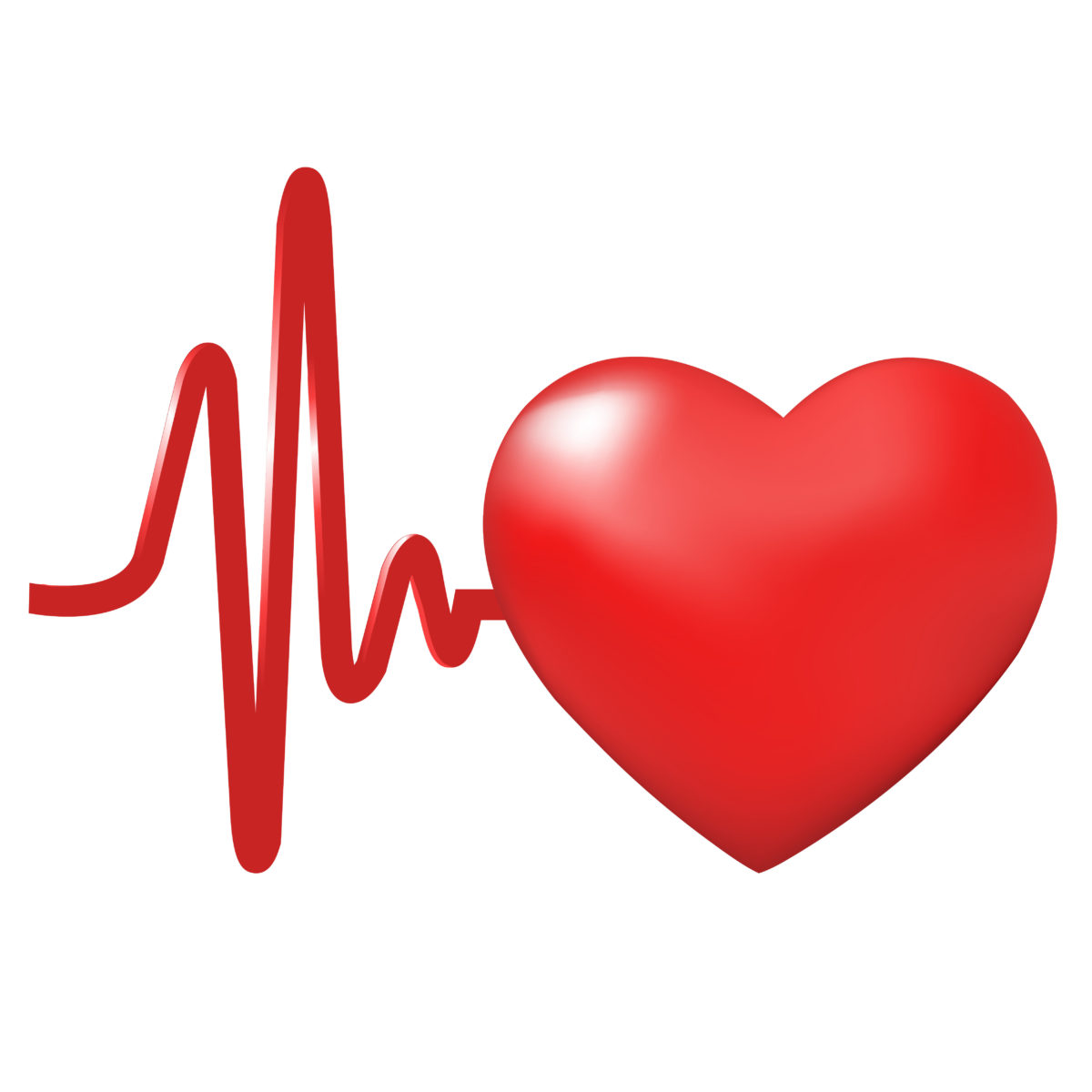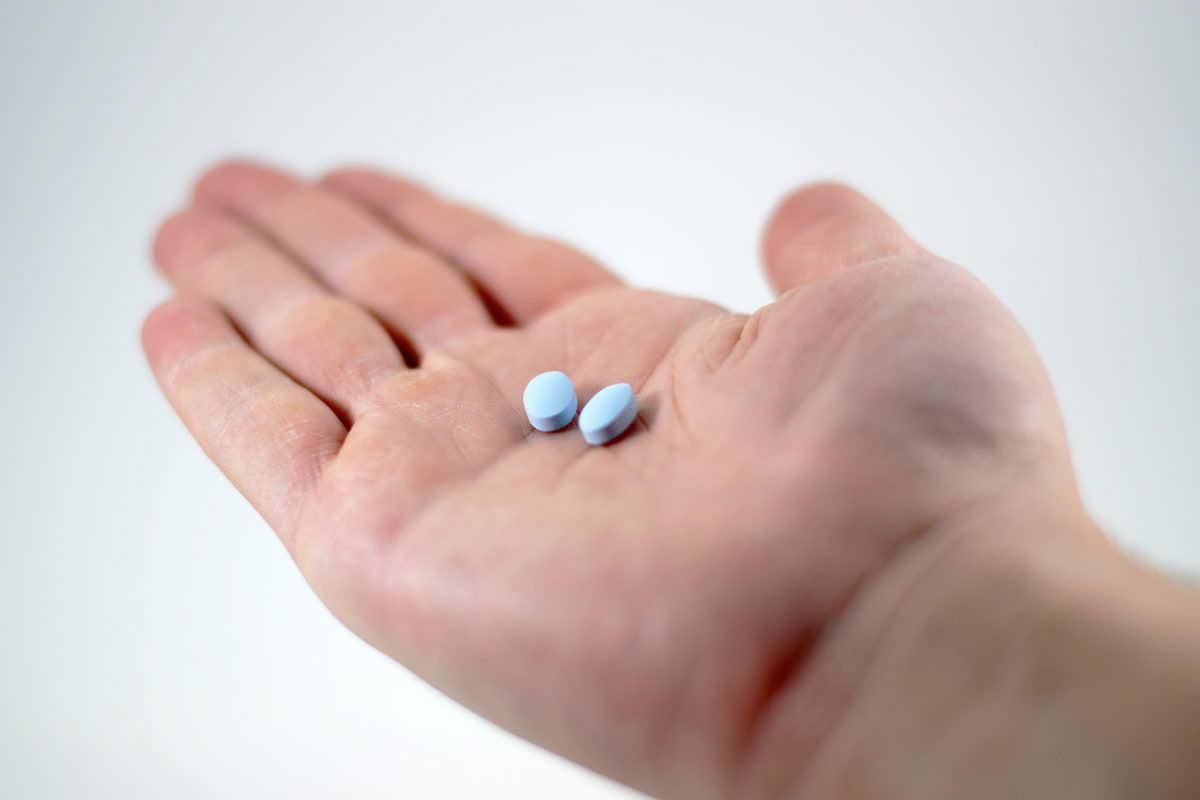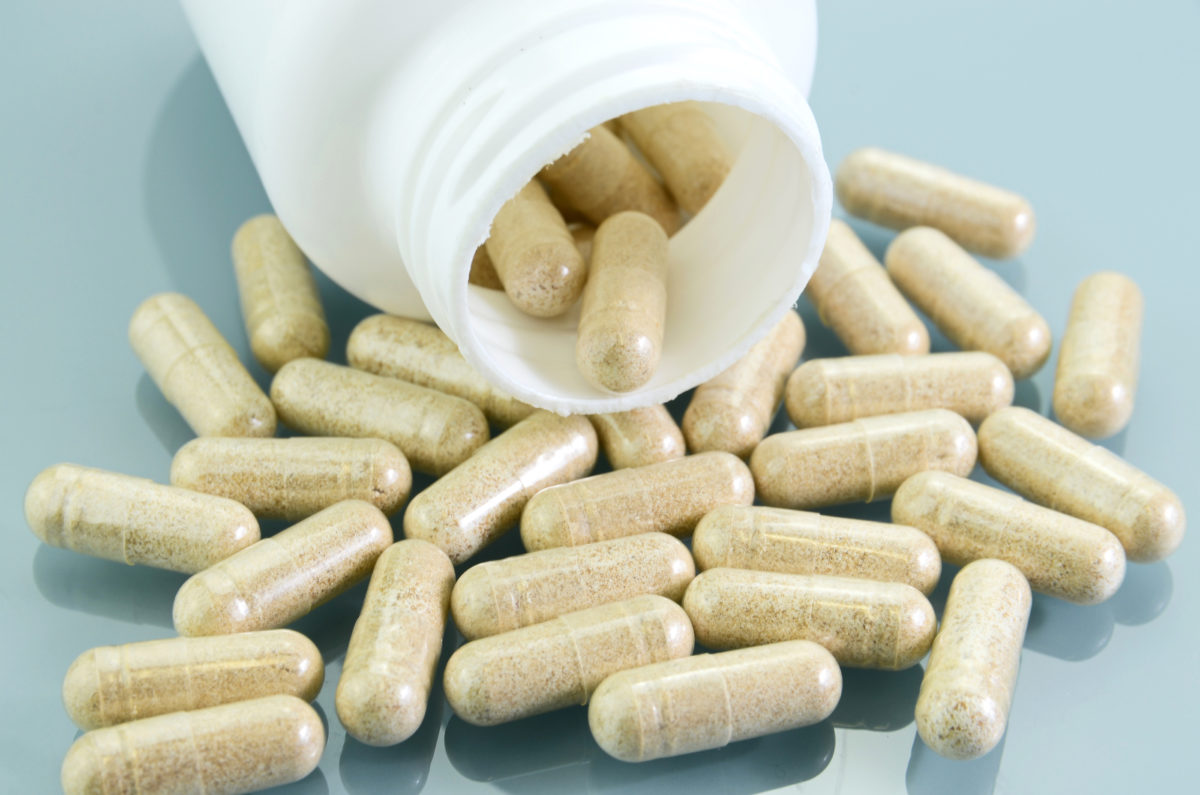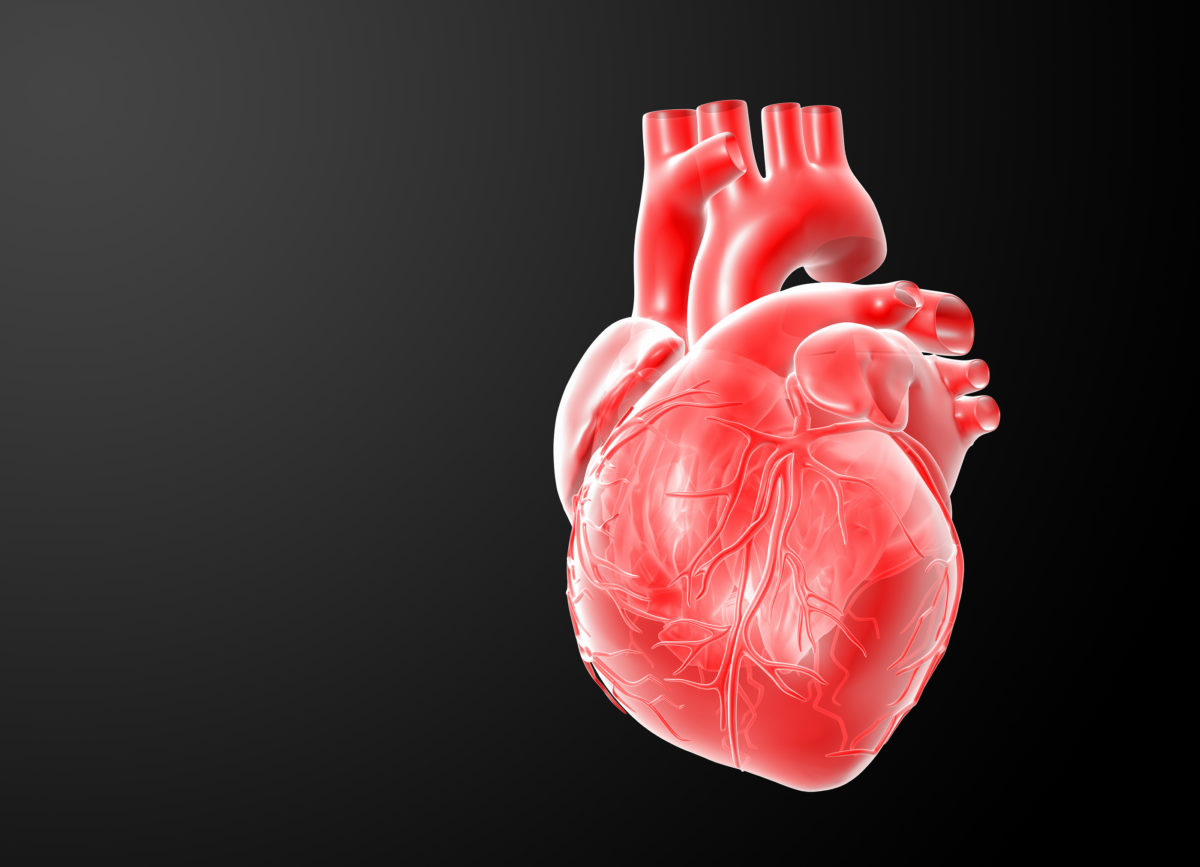Get up, and get moving! Exercise is essential to heart health. However, you don’t have to be overly athletic or a marathon runner to reap the benefits of exercise. According to the American Heart Association, a person can improve his or her overall cardiovascular health by participating in at least 150 minutes of moderate exercise or 75 minutes of vigorous exercise (or a combination of both) per week. Exercise comes in many different forms, from running and lifting weights to Zumba class and walking. For this article, we focus on the benefits from one particular type of exercise, Yoga.
Yes, yoga. This form of exercise is much more than a bunch of funny-looking body positions. People have been practicing yoga for more than 5,000 years to help rejuvenate the body and help themselves live a longer life. Yoga has been shown to have numerous benefits including helping reduce stress and bring clarity and peace to a person’s mind. Recently, a new study published in the European Journal of Preventative Cardiology said that yoga may help lower a person’s risk for heart disease in the same way as walking or another conventional exercise.
In this study, people of all ages and health conditions saw improvements in their health while participating in yoga. These people lost weight, lowered their blood pressure, and lowered their LDL (“bad”) cholesterol levels.
Yoga is physical but it also involves a lot of breathing exercises and meditation. These activities can all have positive effects on the heart and body. Yoga’s impact on muscles and the mind can help control blood sugar, lower blood pressure, and calm the nervous system, which can reduce stress in the body. Yoga can also help increase a person’s aerobic capacity, and has also been known to help people with atrial fibrillation have fewer episodes.
Yoga classes are available for people of all experience levels. If you have a health condition or aren’t in great shape, a beginner class is a great way to learn all the moves in a slow, controlled way that isn’t intimidating. Hatha yoga is good for beginners, while Vinyasa yoga is better for those individuals who are more experienced and physically fit. Bikram yoga or Hot yoga, which is yoga in a room with a temperature of more than 105 degrees, is not recommended for people with heart conditions like heart disease.
If you currently have heart disease, talk to your doctor about taking a yoga class. If you’re a candidate for heart valve surgery, Dr. Peter Mikhail performs mitral valve surgery and aortic valve surgery in the cities of Tampa, Clearwater, and New Port Richey of Florida. To book a consult, click here or call 727-312-4844.











